To many visitors, American life looks familiar until the tiny rituals appear around cash registers, doorways, and highways. Habits that seem odd at first are usually born of climate, distance, and a fondness for convenience. Some come from policy, others from hospitality, all from a culture that prizes options. Confusion fades once the backstory is clear. What follows is a tour of everyday customs that raise eyebrows on arrival, then reveal the practical logic that keeps a sprawling country moving.
Generous Tipping As Social Code
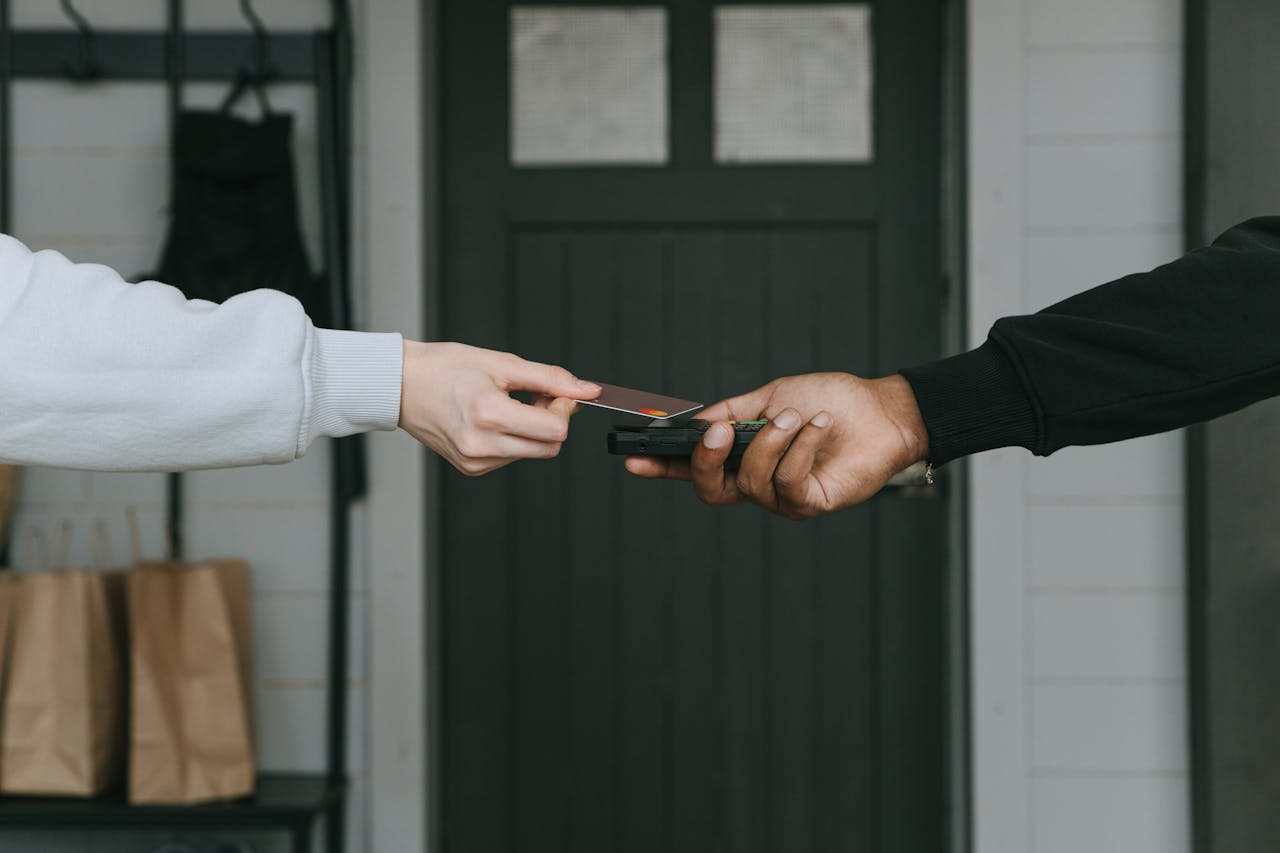
Tipping is treated like a parallel wage system in restaurants, bars, and ride shares. Because base pay in some service roles is low, gratuities function as compensation, not a rare bonus. Locals read effort and pace, then add a percentage that matches the moment. Visitors meet screens and jars and wonder about rules. The ritual can feel messy, yet it keeps small places open, rewards hustle, and signals appreciation in a short, practical exchange that most people understand.
Ice, Refills, And Giant Drinks

Icy glasses and free refills are a signature of casual dining. Servers top off sodas and iced tea as a sign of welcome, a habit scaled by national chains that standardized pace and portions. Cups run large to match road trips, ball games, and long shifts. The upside is value and convenience; the downside is sugar and waste. Many diners treat it as a choice rather than a rule, and stadium souvenir cups often last an entire game.
Air Conditioning Turned Way Down
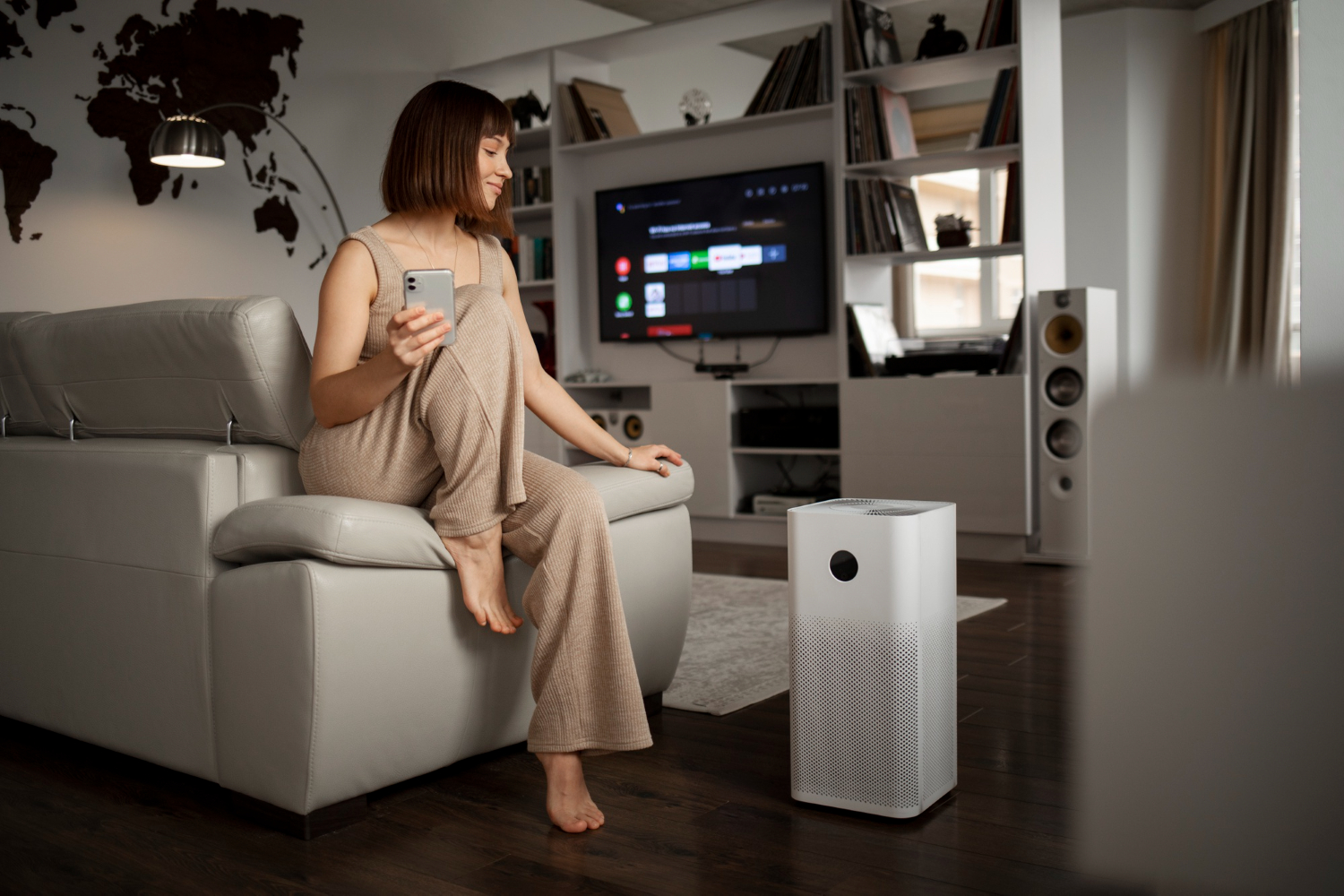
From Gulf humidity to desert heat, strong air conditioning became both survival tool and default setting. Offices, malls, and theaters aim for crisp predictability even when streets simmer outside. Sweaters live on chair backs through July while thermostats quietly arm wrestle with utility bills. The habit reflects building styles, energy prices, and an appetite for control over climate. Newcomers shiver indoors, then adjust to the daily swing between blazing sidewalks and refrigerator cool interiors.
Cheerful Small Talk With Strangers

Brief chats at checkout lines and elevators act like social grease. Clerks, neighbors, and bus drivers trade quick notes about weather or sports, not to pry but to set an easy tone. To newcomers it can feel shallow; to locals it reduces friction and opens doors when help is needed. The point is ease, not intimacy. Even a tiny exchange marks shared space, and in tense moments that friendly baseline often steadies crowds and keeps tempers low.
Prices Listed Before Tax
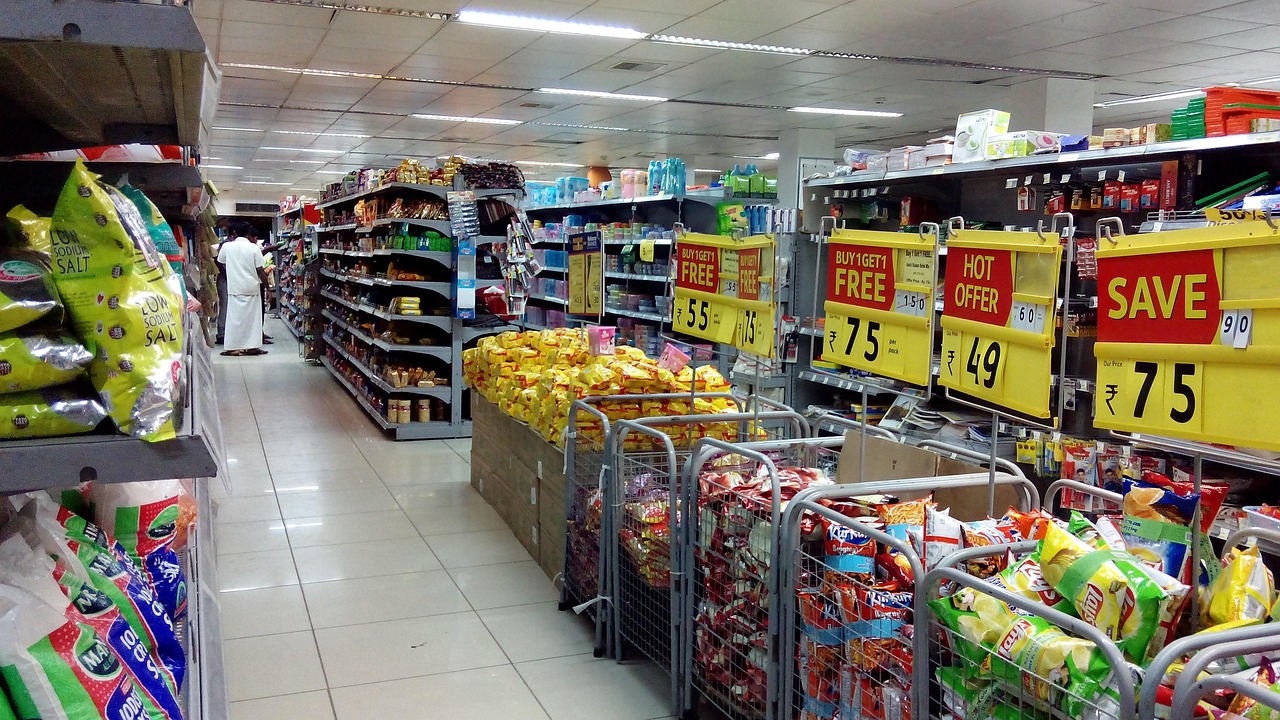
Price tags usually exclude sales tax, which varies by state and sometimes by city or county. Shoppers learn to compute totals on the fly, and the register reminds them how local budgets get built. Visitors expect the final number on the label and bristle at add ons. The approach survives because autonomy over rates is treated as a civic right. Online carts soften the surprise with calculators, while storefront totals keep policy close to daily life.
Drive Thrus And Long Drives
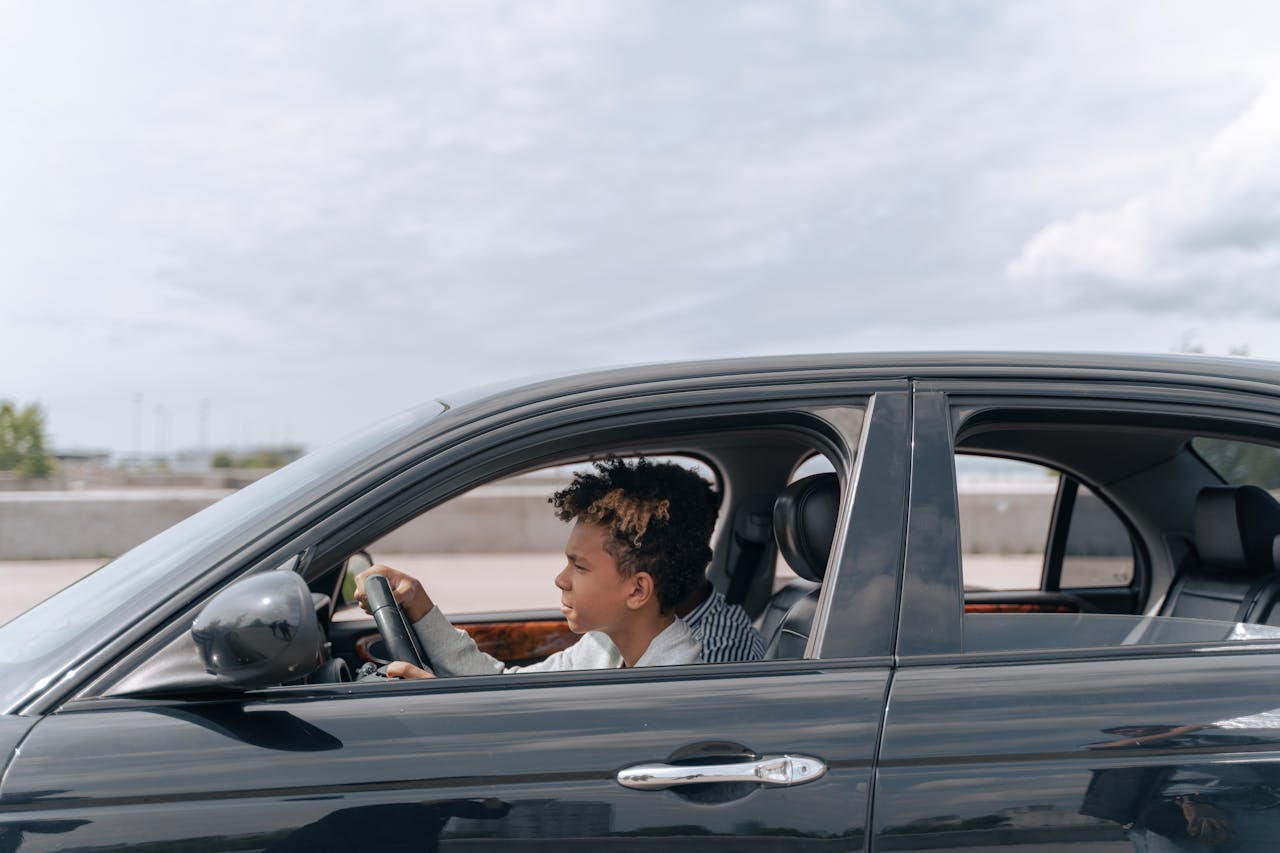
With suburbs spread wide and trains uneven, cars double as daily tools and tiny living rooms. Banks, pharmacies, coffee counters, and even ballot drop offs run lanes that keep errands fast. Interstates turn long distances into routine, stitched by rest areas and motel exits. Traffic is the price of mobility, but the upside is freedom to move on personal schedules. Road time shapes music tastes, snack habits, and weekend plans in ways that compact countries rarely see.
Wearing Shoes Inside The House
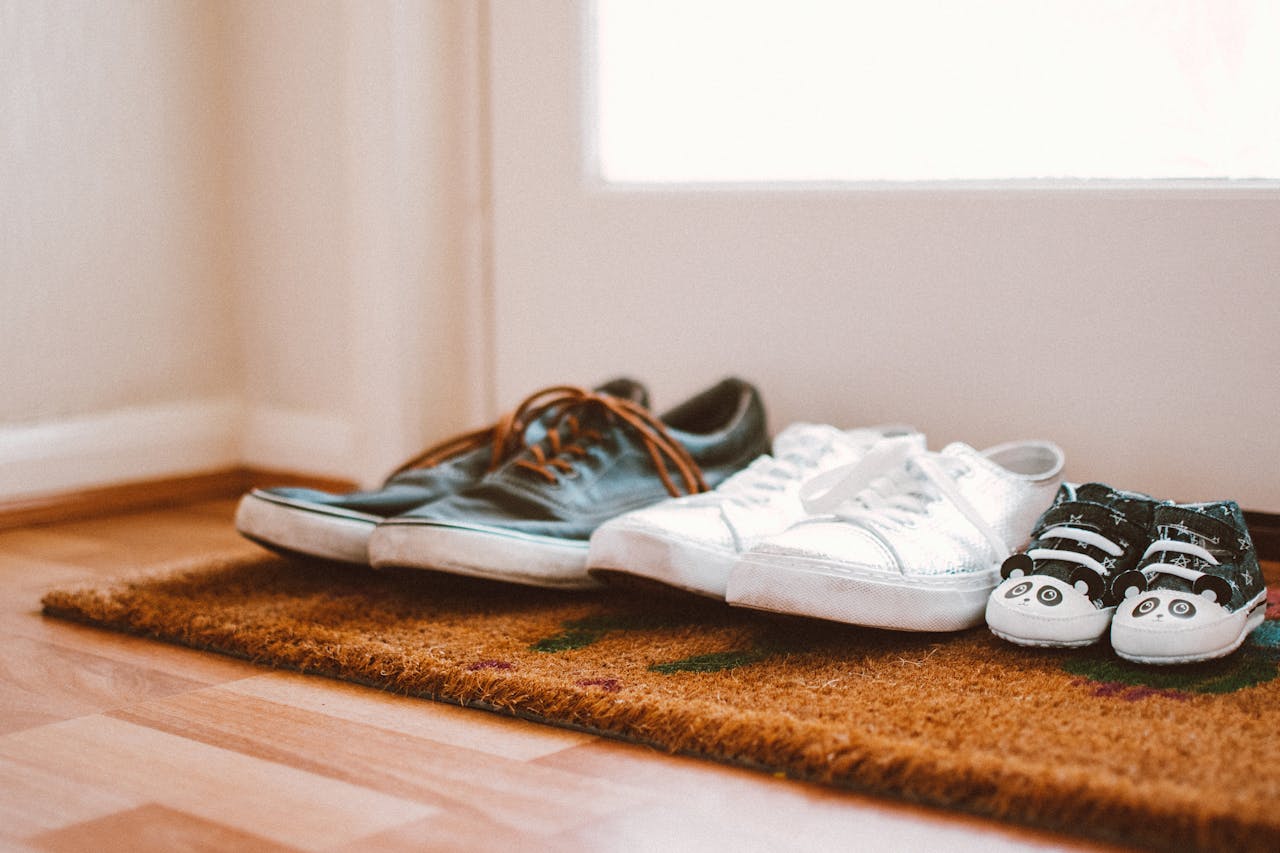
Many households keep shoes on past the doorway, a habit tied to carpeted floors and a preference for speed. Others set a strict no shoes rule with a mat and a stack of slippers. There is no single standard, which unsettles visitors from cultures with clear threshold rituals. Weather, flooring, and family tradition decide the norm. Snow and mud seasons push choices one way or another, and hosts usually let comfort and courtesy lead the decision.
Prescription Drug Ads On TV
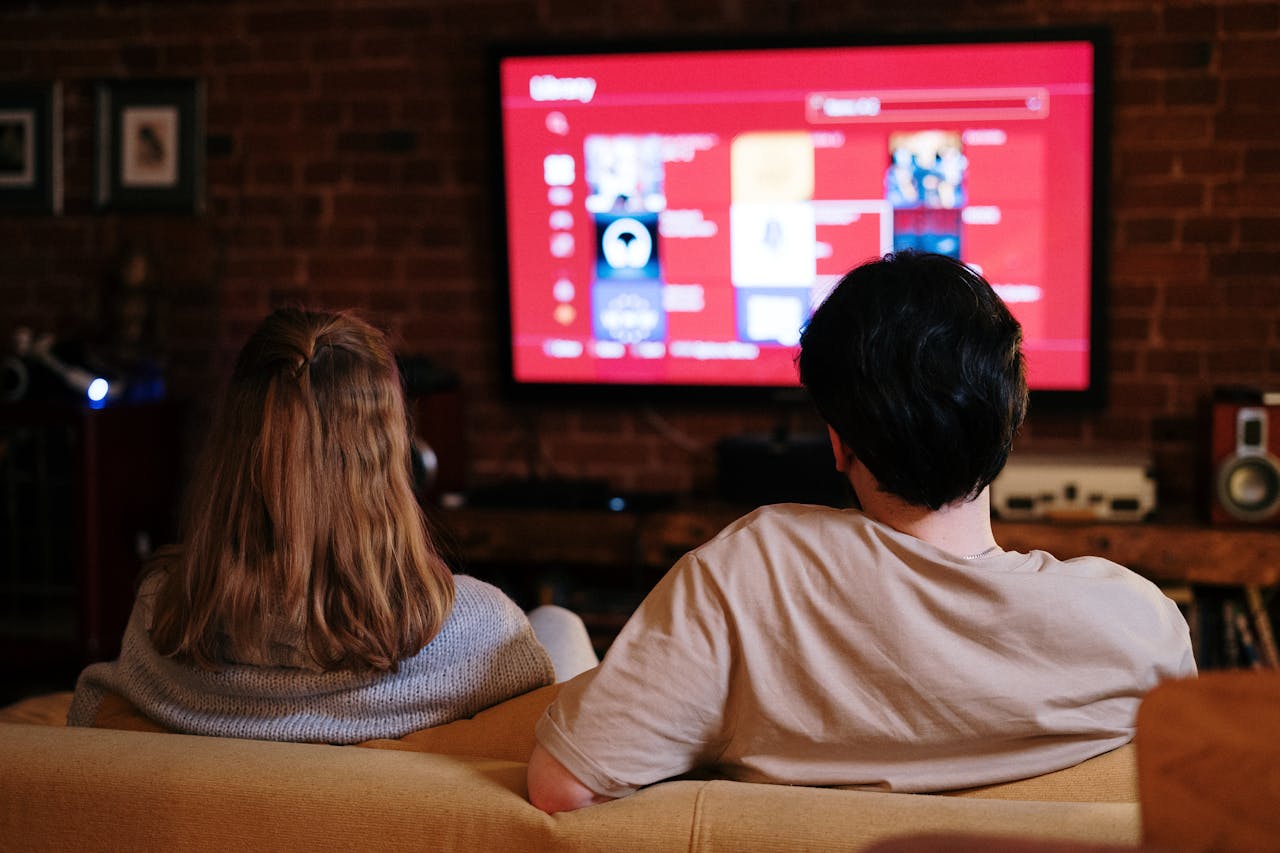
Commercials that name conditions and list side effects stand out to visitors from countries that ban such ads. The practice reflects regulations that allow direct appeals to patients, plus a health system built on choice and insurance networks. The tone can feel oddly upbeat given the topics, but the marketing logic is simple. Raise awareness, prompt questions, drive demand. Debate over ethics and cost runs alongside the jingles and bright park scenes.
Normalizing Leftovers To Go
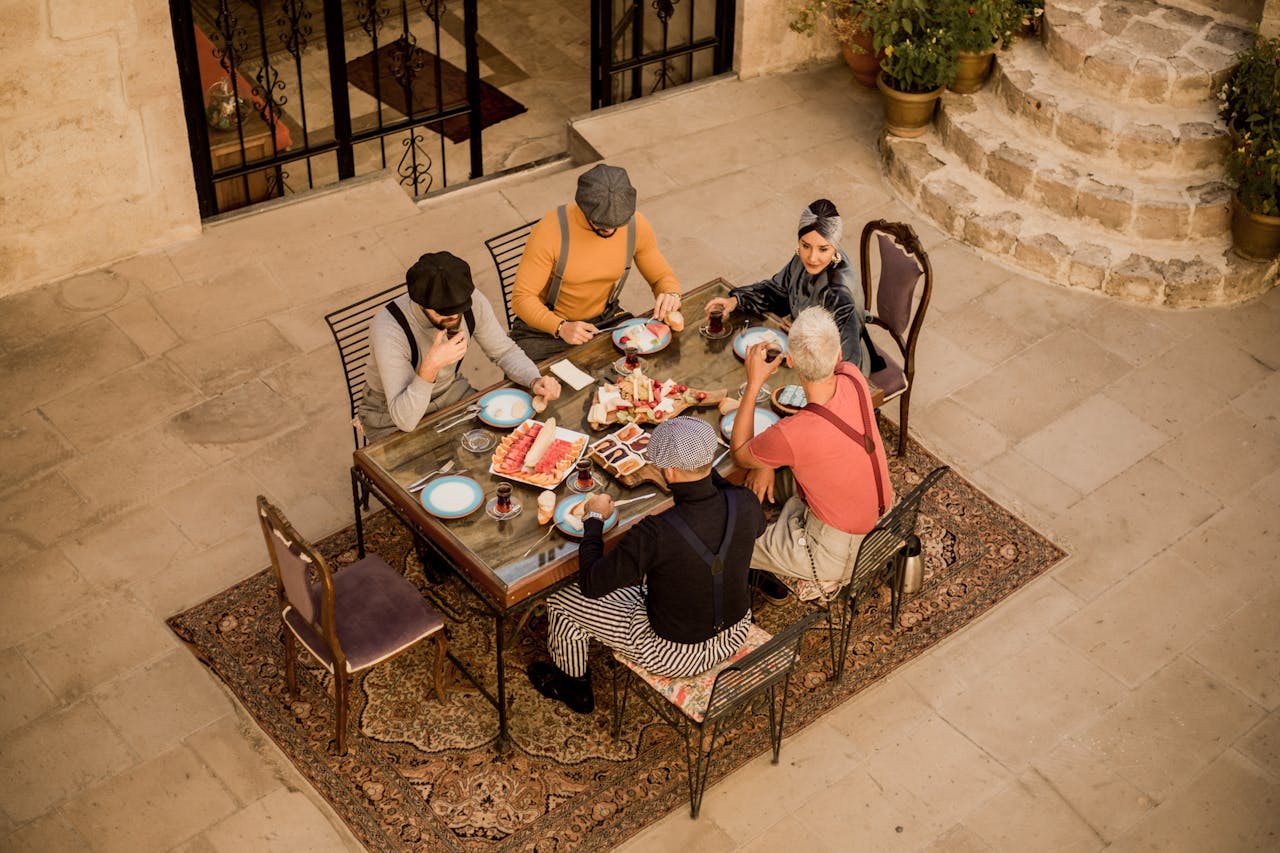
Servers routinely offer boxes so diners can take home half a meal. Generous portions make it sensible, and reheating turns dinner into next day lunch. The habit blends thrift with comfort, cutting food waste while stretching budgets. It also matches the pace of evenings that move from restaurants to early starts. Upscale spots package neatly, counters hand over sturdy bags, and home fridges fill with small reminders that abundance can be practical and kind.


